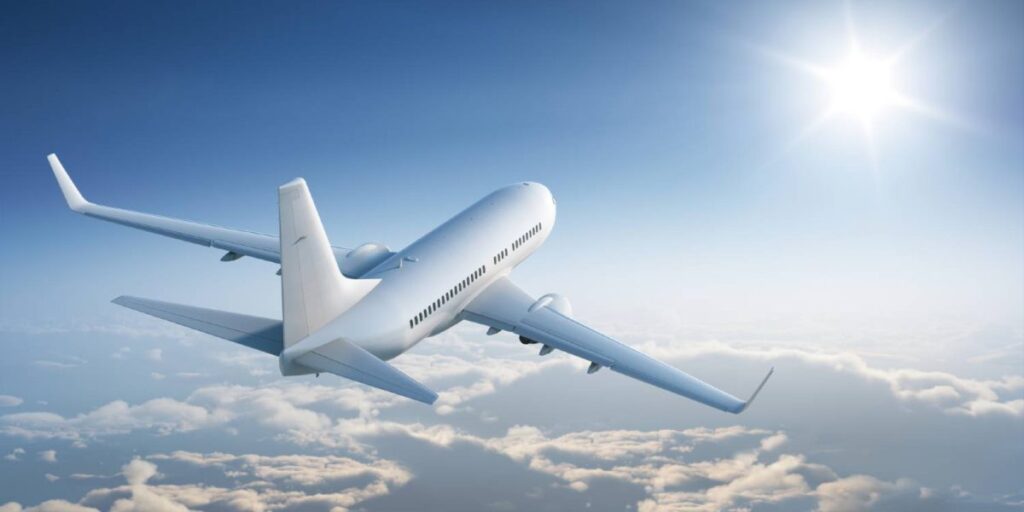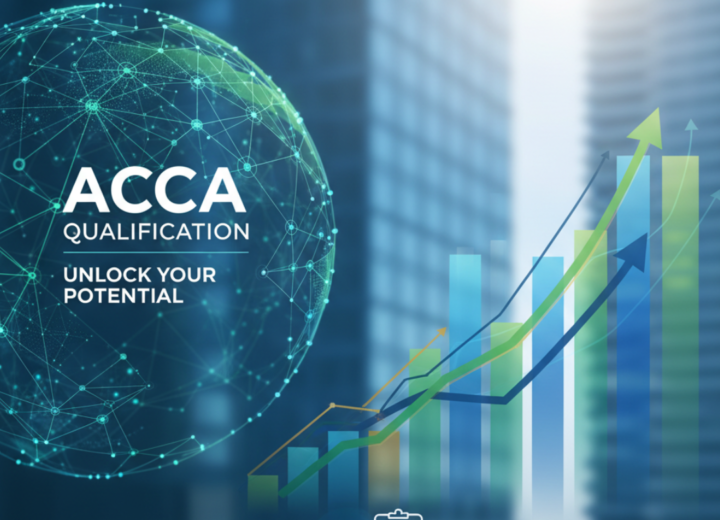
As the aviation industry evolves at lightning speed, aviation education must keep pace. With advancements in technology, sustainability goals, and a growing global demand for skilled professionals, the future of aviation training and education is undergoing a major transformation.
In this blog, we explore the key trends shaping aviation education and offer predictions on what to expect in the coming years.The aviation industry continues to transform until today, yet it requires progressively skilled experts to fulfill current requirements. Aviation and Logistics Courses in Ebenezer Group of Institutions experience increasing organization along with more advanced technological implementation. Rapid changes in the aviation sector cause education together with training programs to experience significant updates. Future developments in aviation education involve digital learning platforms and AI-powered simulations which show that students will transform their career preparation through advanced teaching methods in this dynamic field.
After completing 12th grade, you can pursue airport management by enrolling in a Bachelor of Business Administration (BBA) in Aviation Management. You can also find shorter, specialized courses from institutions like IATA, which offers modules on areas such as Dangerous Goods Regulations, Safety, and Security.
Emerging Trends in Aviation Education
1. Technology-Driven Learning
Aviation education adopted a significant transformation through embracing modern technological developments. Virtual Reality (VR) and Augmented Reality (AR) technologies marked a complete revolution in traditional training practices. Flight simulators equipped with Artificial Intelligence technology became indispensable for aviation courses in Ebenezer Collage where students receive practical experience without the risks of actual flight operations.
Artificial Intelligence plays an integral role in educational programs by helping students develop their critical thinking skills together with sound decision-making abilities. The implementation of AI-driven assistants in education brings quick evaluation responses to tasks including pilot training and air traffic control simulations and aircraft maintenance protocols thereby boosting student learning outcomes.
2. Expansion of Online and Hybrid Learning Models
More students opt for online aviation education because it enables them to access advanced training opportunities from diverse locations. Aviation and Logistics Courses in Ebenezer Group of Institutions combine virtual learning with in-person practical training sessions to provide students both theoretical knowledge and hands-on experience. Online learning provides cutting-edge education through blended modes which let students develop skills without compromising their job requirements.
3. Sustainability and Green Aviation Training
Online aviation education continues to grow popular because it enables students from various locations to access top-level training. Various aviation programs in EBENEZER COLLAGE have implemented a blended teaching model which lets students join virtual theory modules but perform practical exercises at their on-site training grounds. Online learning provides cutting-edge education through blended modes which let students develop skills without compromising their job requirements.
4. Specialized Programs for Diverse Career Paths
Aviation education primarily focused on the instruction of pilot and cabin crew capabilities throughout historical times. Today’s Aviation and Logistics Courses in Ebenezer Group of Institutions provides expanded choices between specialized classes encompassing airline management together with air cargo handling and aviation logistics. Modern aviation education programs now provide expanded course choices which makes it easier for students to create diverse industry employment paths after finishing their studies.
5. Rising Demand for Multi-Skilled Professionals
The aviation sector actively recruits candidates with varied abilities. Today’s companies actively recruit candidates with technical experience along with business management qualifications and excellent customer service skills and technological capabilities. Several educational institutions in Bengaluru make changes to their aviation programs by incorporating business management and soft skills training to meet modern job market requirements.
Covid 19 and its Effect on Aviation Industry
We all know that we are going through a tough time because of the covid pandemic. The aviation industry too is considered to be one of the hard hit industries. But the last few months have shown signs of recovery as more and more people are getting vaccinated. It is believed that the aviation operations will be back to normal in a few months.
In light of the rapidly spreading disease named as COVID-19, the International Civil Aviation Organization (ICAO) actively monitors its economic impacts on civil aviation and regularly publishes updated reports and adjusted forecasts.
Predictions for the Future of Aviation Education
1. Increased Investment in Aviation Training Institutes
Upcoming years will bring extensive growth in the Indian aviation sector which will lead to increased funding for training institutions. Modern aviation academies powered by state-of-the-art simulation facilities and leading digital learning resources will appear due to rising sector investments. The Aviation and Logistics Courses in Ebenezer Group of Institutions fees vary according to the degree of technological sophistication along with practical training provided by each academic institution.
2. AI and Machine Learning in Decision-Making Training
Artificial Intelligence (AI) and Machine Learning (ML) will create substantial impact on the aviation education sector. Through AI-powered simulations students pursuing aviation careers can reproduce authentic aviation industry situations alongside a risk-free environment. The technology enables students to practice complex situations through virtual means while completely removing all potential safety risks.
3. Global Accreditation and Industry Collaboration
A growing number of aviation institutions will work to get international accreditation during the next years to provide globally recognized certifications. The institutions will forge connections with leading airlines and airports and regulatory organizations to provide students with curriculum-suited education and applied knowledge through practical onsite work.
4. Flexible Learning Pathways and Micro-Credentials
Future aviation educational opportunities will offer students adaptable learning programs called modular pathways. Students through these modular pathways will have access to enrol in single courses to earn micro-credentials that will contribute to completing a diploma or degree. Learners can personalize their education through this method to align with their career aspirations and stay adaptable in an industry that continues to transform.
5. Enhanced Placement and Internship Programs
Aviation and Logistics Courses in Ebenezer Group of Institutions devote their efforts to developing job placement partnerships. Students enrolled in aviation courses will now benefit from built-in internship programs which provide them with essential firsthand experience before professional entry.
Final Thoughts
The future of aviation education appears excellent due to its emphasis on technology-driven developments alongside sustainability improvements and flexible approaches. The advancement of educational curriculum remains essential to prepare upcoming students for necessary aviation industry skills and knowledge.
The pursuit of aviation courses creates exceptional chances for self-motivated students who want to join this active industry field. Today represents a perfect time to start an aviation career because more aviation education programs and budget-friendly aviation courses continuously become available. The aviation sector boasts an unlimited range of career options from pilot to airport operations and air cargo management to aviation specialist roles.




